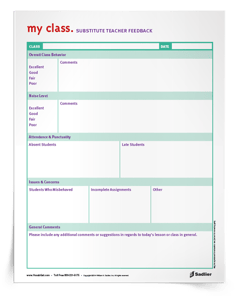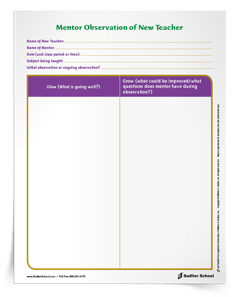1.800.221.5175
Mathematics
Sadlier PreK with Wiley Blevins
Knowledge-Building Early Childhood Program
Preview
|
Progress Mathematics
Grades K–8
Reading & Writing
From Phonics to Reading
Grades K–3
Building Reading Success with Wiley Blevins
Grades K–5
Vocabulary
Vocabulary Workshop, Tools for Comprehension
Grades 1–5
Vocabulary Workshop Achieve
Grades 6–12+
|



 For new teachers and veteran teachers alike, the work of daily teaching, planning, evaluating, and communicating becomes exhausting and overwhelming-especially when the mandates at local, state and federal levels bring more and more pressure. So I would like to remind us all why we are successful teachers, even when we feel like we are wallowing in the morass of jaded students and prodigious obstacles.
For new teachers and veteran teachers alike, the work of daily teaching, planning, evaluating, and communicating becomes exhausting and overwhelming-especially when the mandates at local, state and federal levels bring more and more pressure. So I would like to remind us all why we are successful teachers, even when we feel like we are wallowing in the morass of jaded students and prodigious obstacles.


